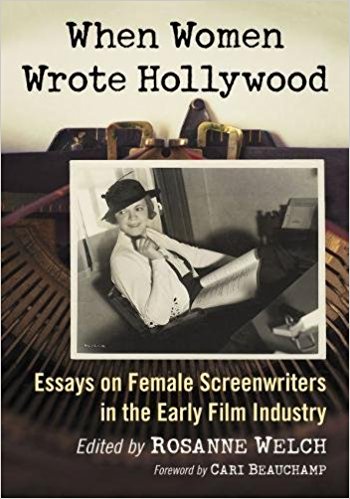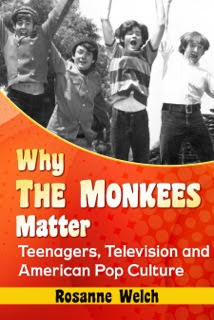
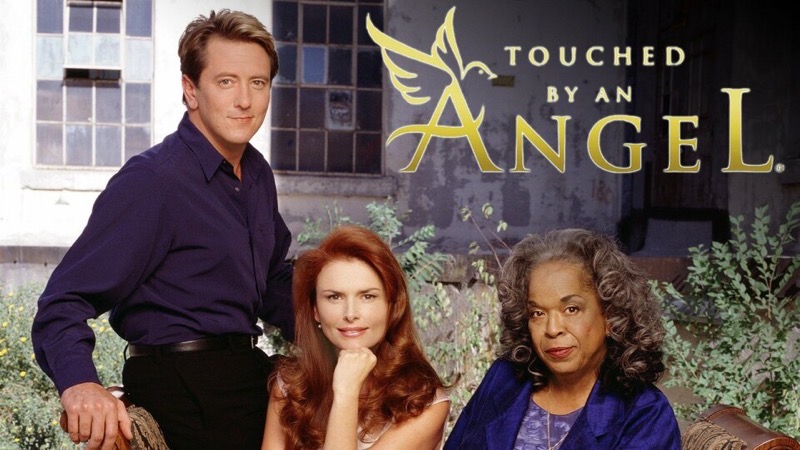
This season the CW has been airing a new documentary style series called TV We Love which has covers a popular TV show from each decade from I Love Lucy for the 1960s to Happy Days for the 1970s and Dynasty for the 1980s. The last of 8 episodes covered Touched by an Angel (where I served as a Writer-Producer for 6 years). I show up a few times in the hour, discussing writing for the show and why we think it still resonates.

It felt odd to be on the other side of the camera, considering I had researched, written, and filmed a documentary in 1998 with my friend Dan Forer for ABC NEWS/Nightline called “Boys to Men: Bill Clinton and the Boys Nation Class of 1963,” so being the one answering questions was interesting. It helped me think deeply about my responses – trying to make sure they were in full sentences, that they used emotional verbs, that they were stories unique to me, so no other interviewee could be used for that point. And, of course, I tried not to fill empty spaces with “um” or “like”. A very fascinating experience – and then seeing the final product it was fun to put on my producer hat and recognize what director Megan Harding chose both of the quotes and of the B-roll.

She interviewed me for a couple of hours and distilled that into several appearances. My favorite part was being able to tell the story of how star Roma Downey let my 2-year-old son Joseph join her 4-year-old daughter (and her nanny) to play in her trailer for a while since the kids were both so bored on set. Heck, I was often bored on set, but I was at work, I couldn’t run off to a trailer with coloring books and have goldfish crackers for a snack. But he could – and thanks to Roma’s generosity, we have that memory.
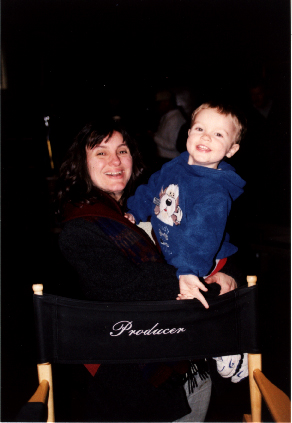
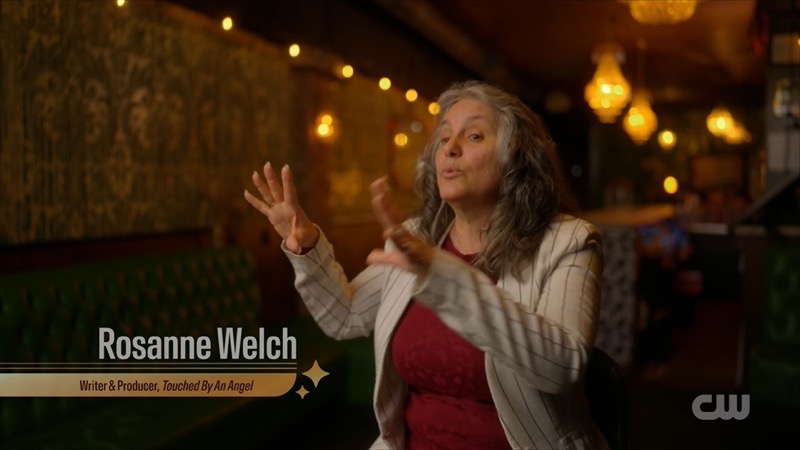
What I’m most proud of is the chance to say things that reflect on my professional goals of creating more female-focused stories about women who make a difference in people’s lives. I used to say the show was Cagney and Lacey without guns, and I was proud of that. For the interview, I kept my focus on how amazing it was to be able to write for two powerful female characters portrayed by two high-quality actresses (heck, Della Reese was already a legend). I’m happy they used this quote: “It was getting to write for female characters who had something important to say. That was a dream job.” That broadens my mission with the Stephens College MFA in TV and Screenwriting. Near the end, they used a quote that I hope defines the themes of most all the episodes I’ve written for this show and others: “All of us need to believe in ourselves and in our community and to understand that all of us have the ability to make change.”
If you don’t have the CW you can see this episode (and any of the others that interest you) on their website at TV We Love.
![Rosanne presents “Creative Play #8: Emotional Monologues Written By A Few Accomplished Female Television Writers” – Screenwriting Research Network [Video]](https://rosannewelch.com/wp-content/uploads/2026/01/rn-conversations-creative-play-8-1-1200x675.png)
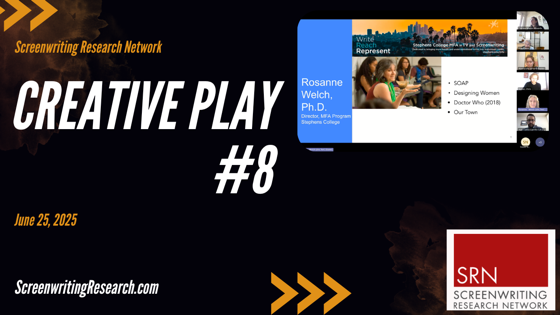
![Rosanne Presents on Shaping Global Cultures Through Screenwriting – Stephens College [Video]](https://rosannewelch.com/wp-content/uploads/2025/12/rmw-sgc-book-cover-2.jpg)

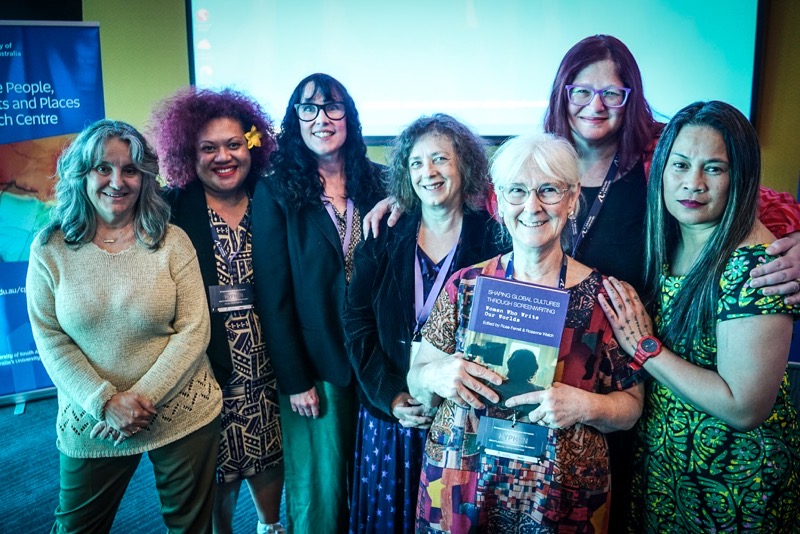
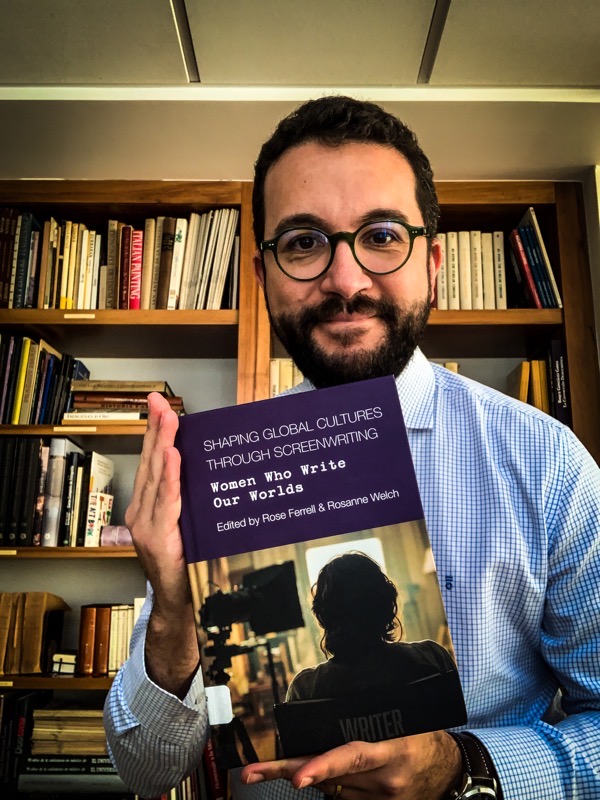







![When Women Write What They Say, They Say So Much More: Powerful Actress-writer-producers Past, Present & Future with Dr. Rosanne Welch, SRN 2025, Adelaide, Australia [Video]](https://rosannewelch.com/wp-content/uploads/2025/10/SRN2025-Adelaide-1-1.jpg)
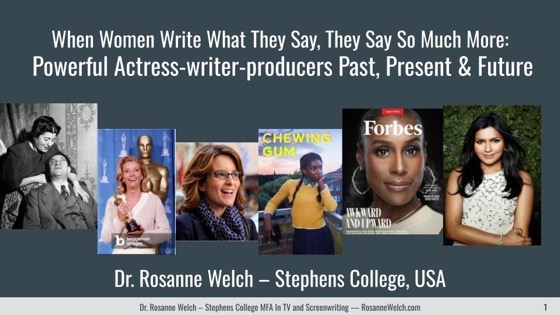
![WGA Panel on “Writing Bold and Complex Young Women” Now Streaming [Video]](https://rosannewelch.com/wp-content/uploads/2025/10/wgaf-young-woman-1-1200x675.jpg)
![WGA Panel on "Writing Bold and Complex Young Women" Now Streaming [Video]](https://rosannewelch.com/wp-content/uploads/2025/10/559668332_18399924133185912_2476280326578765353_n.jpg)
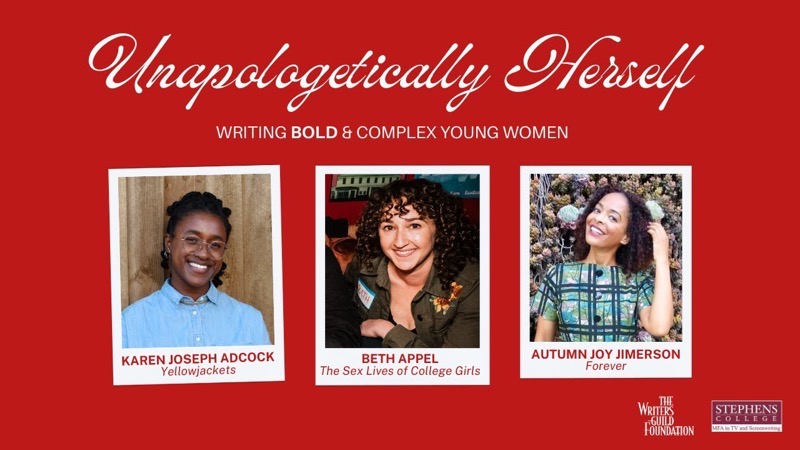
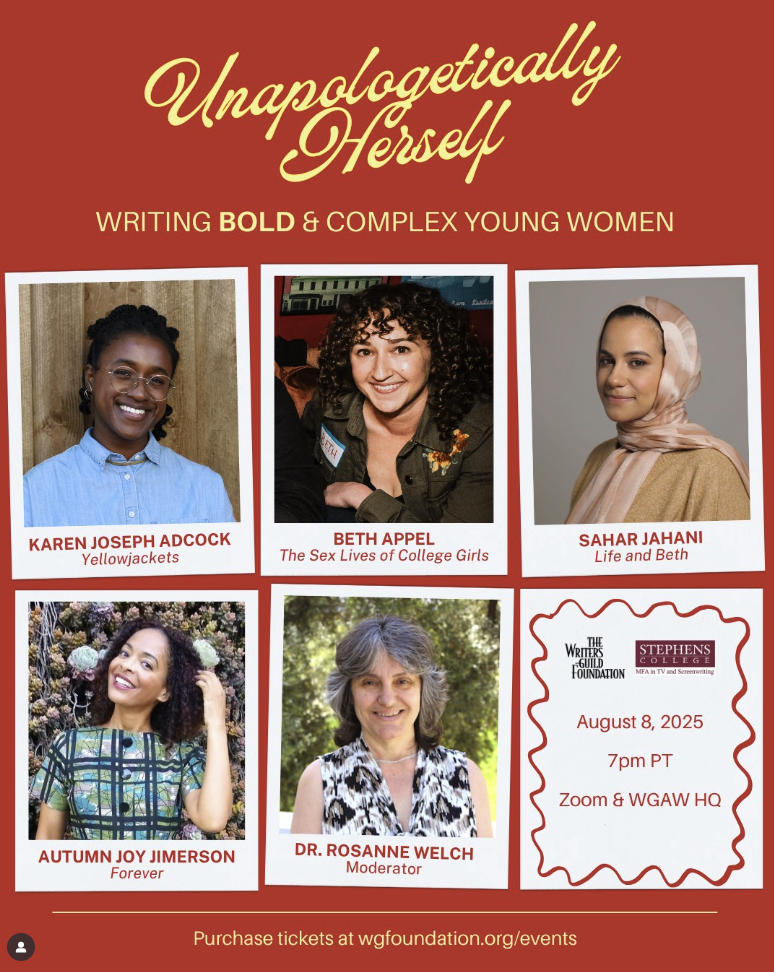
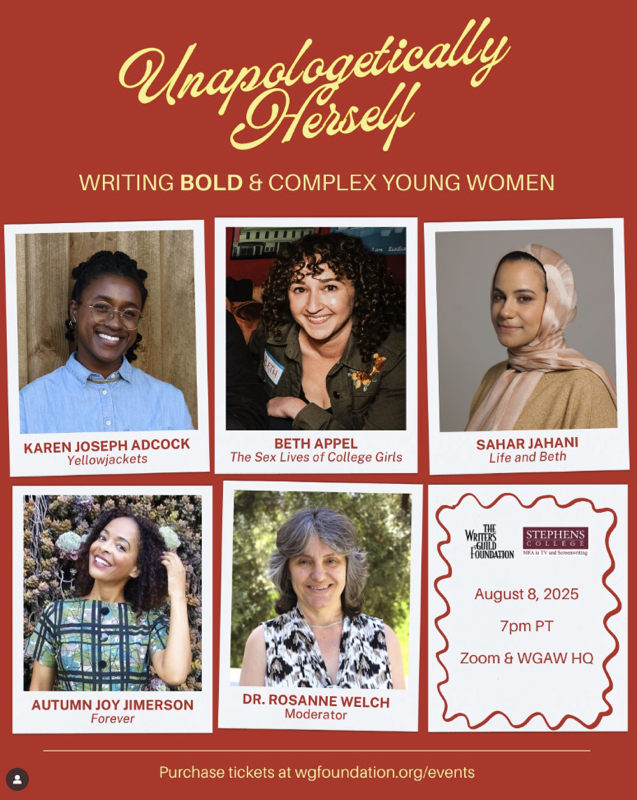
![Rosanne Talks “Why The Monkees Matter” on “Johnny D’s Rock n Roll PhD” Podcast [Video]](https://rosannewelch.com/wp-content/uploads/2025/06/monkees-thumbnail-1-1200x675.jpg)
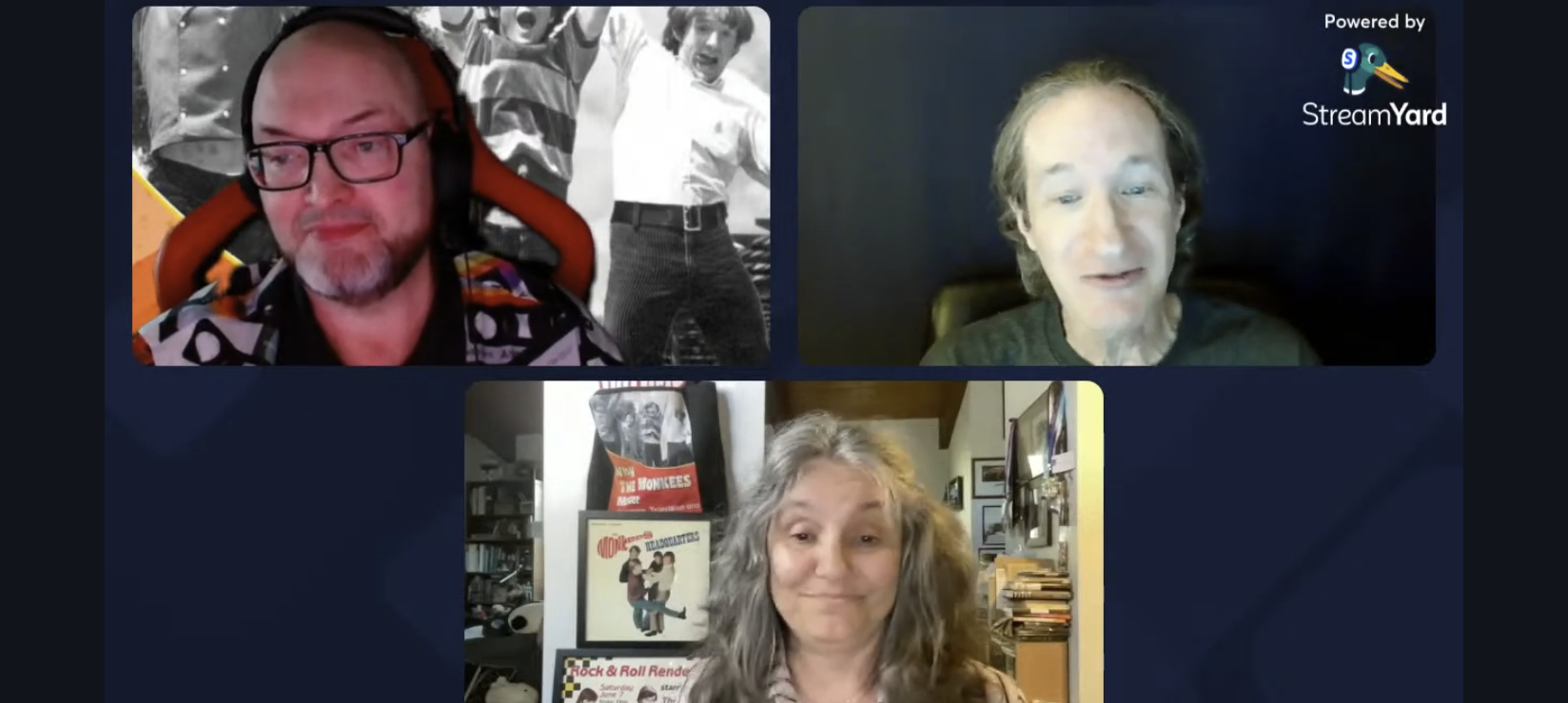
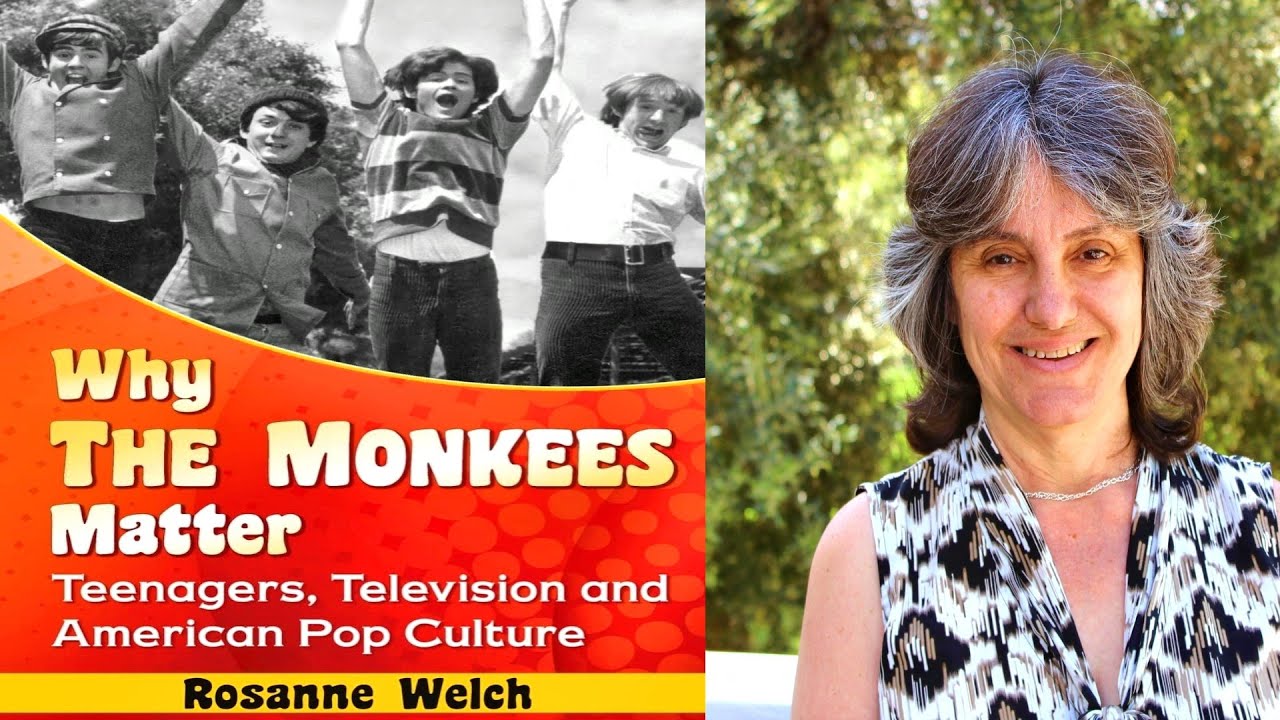
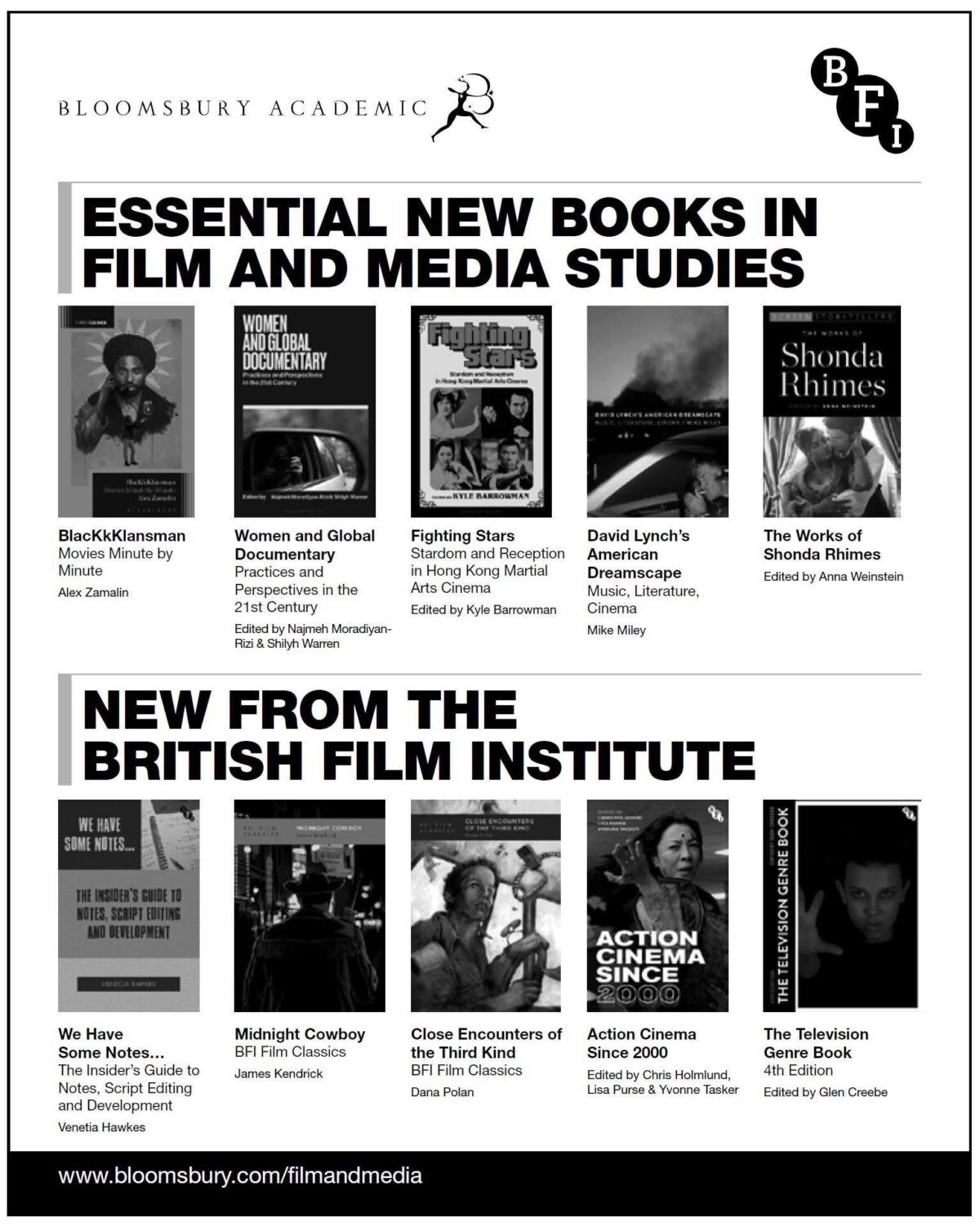
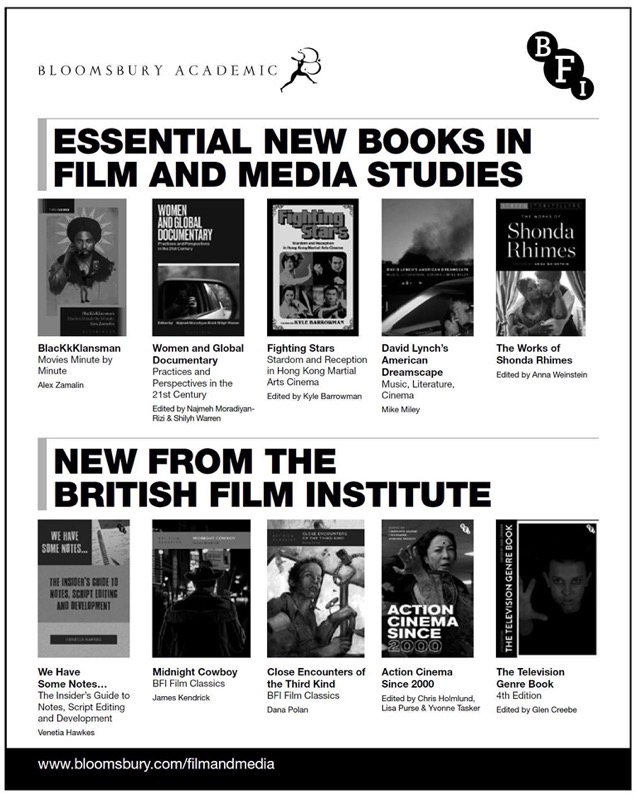
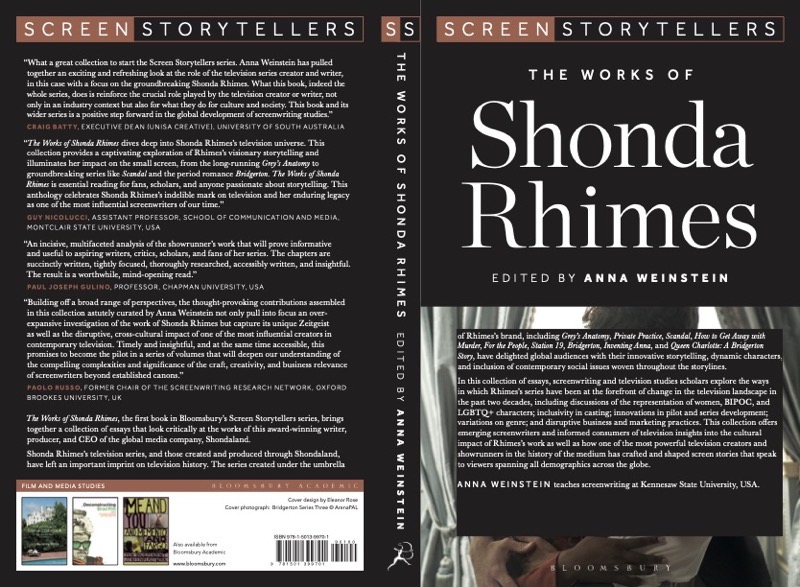
![Rosanne Interviewed About the History of Teen Idols on Cosmoetica #438: On Teen Idols [Video]](https://rosannewelch.com/wp-content/uploads/2025/02/cosmetica-1-1200x675.jpg)
![Rosanne Interviewed About the History of Teen Idols on Cosmoetica #438: On Teen Idols [Video]](https://rosannewelch.com/wp-content/uploads/2025/02/cosmetica.jpg)
